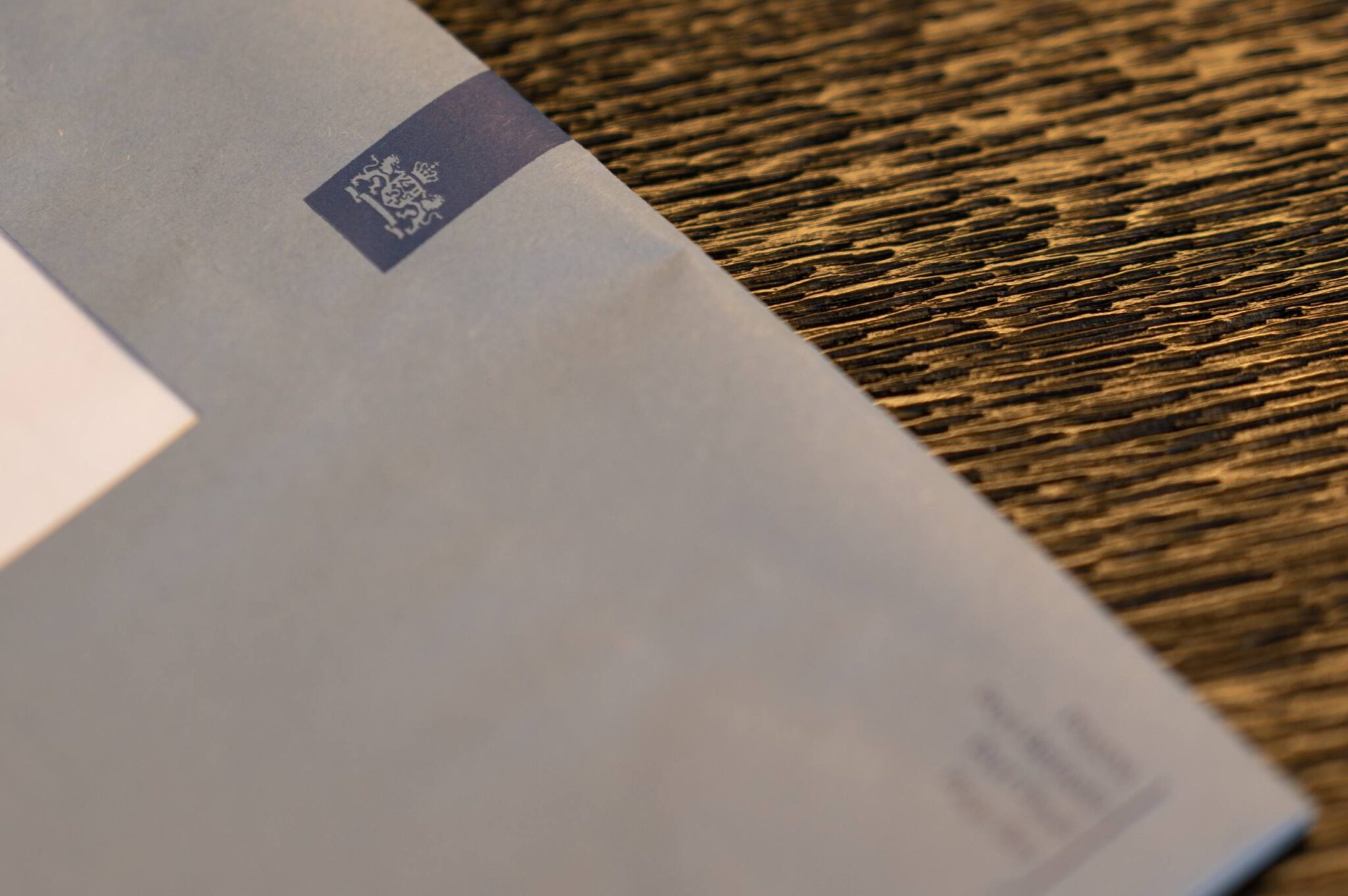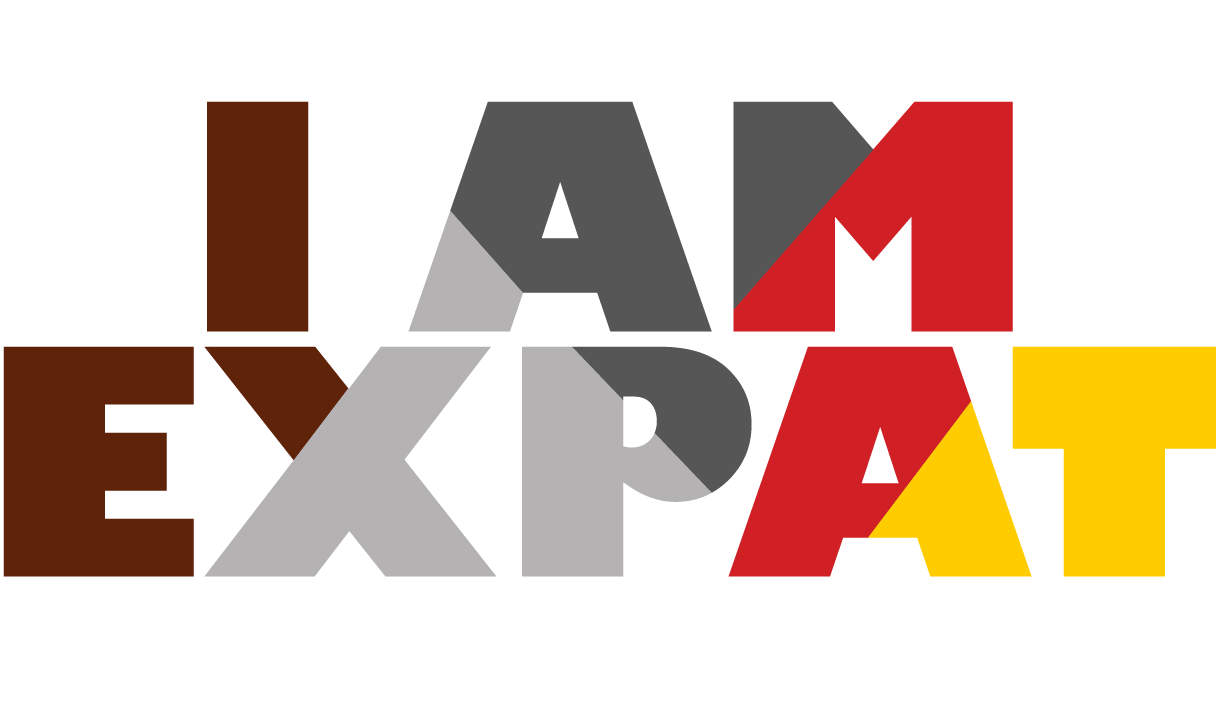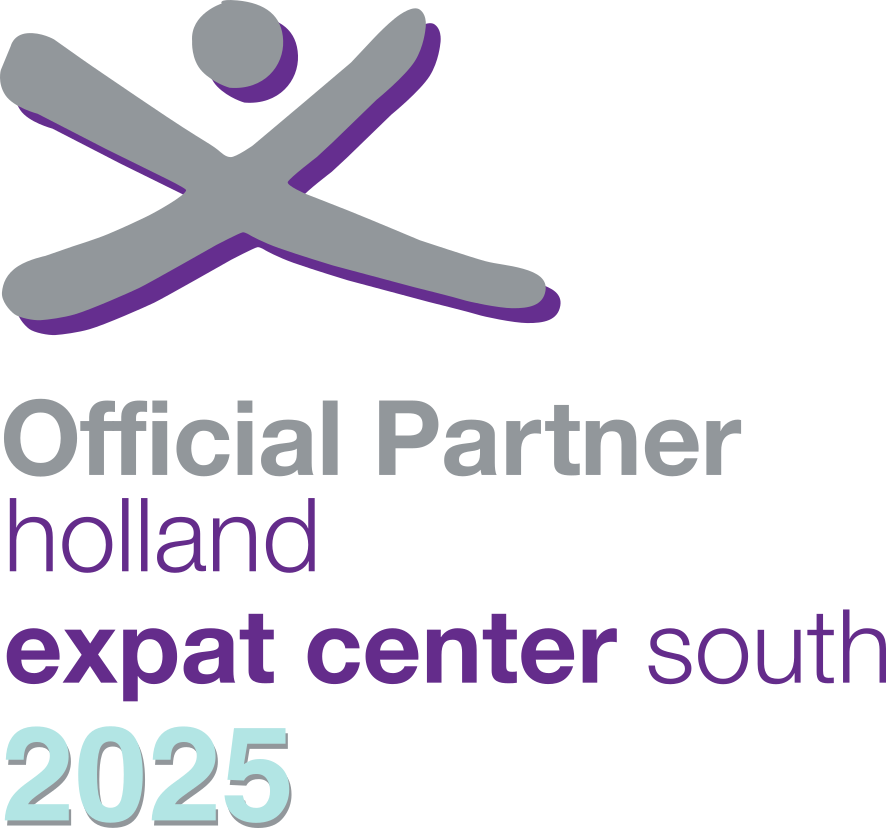Expat Service helps expats with an online tax filing service for their income tax return. Efficient, simple and affordable tax filing whenever and wherever you are in the world. That’s why Expat Service is the intelligent choice for every expat.
Index
Share article

As 2024 unfolds, the Netherlands is implementing several significant tax changes that will affect individuals and self-employed professionals (ZZP’ers). These changes aim to strike a balance between economic sustainability and social responsibility. In this blog, we’ll explore the key tax changes in the Netherlands for 2024 that impact individuals and self-employed professionals.
For individual taxpayers, the Dutch government has made several key adjustments to the income tax structure. Below is more information about the changes for each box.
The income tax system remains progressive, but the tax rates have been updated to account for inflation. Want to know what the new rates are? Then read more about them in our blog: Dutch income tax rates.
Abolition of income tax payment discount
You currently receive a payment discount for paying a provisional income tax assessment in one go. This discount will be abolished starting in 2024.
Levy rebates 2024
The levy rebates, for taxpayers younger than AOW age, change. See the change in the diagram below.
Levy rebates | 2023 | 2024 |
General levy rebate maximum | € 3.070 | € 3.374 |
Labour tax credit maximum | € 5.052 | € 5.553 |
Maximum income-related combination discount | € 2.694 | € 2.961 |
Young disabled person’s tax credit | € 802 | € 902 |
Box 2 includes income from a so-called substantial interest. This is usually an equity interest of 5% or higher. You can think of dividend payments and profits from the sale of substantial interest shares. The box 2 rate is 26.9 percent in 2023. As of 2024, box 2 will have two brackets. The first bracket will tax up to €67,000 of box 2 income per person at a rate of 24.5% and the second bracket will be subject to a rate of 33% on the excess. Consider this when paying dividends. In our blog on box 2, read everything you need to know about this.
In Box 3, the benefit from savings and investments is taxed. In this box you list your worldwide assets and debts. The assets may include e.g. a second/third/fourth etc. home, bank accounts, savings accounts, shares accounts under 5%, cash, receivables, etc. The Box 3 rate will increase from 32 percent to 36 percent on January 1, 2024. In addition, the tax-free wealth in box 3 will not be indexed as of Jan. 1, 2024. As a result, the tax-free assets will remain at 57,000 euros.
Want to know how to calculate the tax on your assets in Box 3? Then read our blog ‘Tax on income from savings and investments’.
The gift and inheritance tax rates will remain the same in 2024 as in 2023. However, the exemption for the owner-occupied home (jubelton) will be abolished in 2024. It had already been reduced to the annual exemption in 2023.
Meanwhile, the 2024 tax plans are known. These plans also affect self-employed individuals in 2024. We list the most important tax changes for self-employed professionals.
If you meet the hour criterion, then you may be entitled to the self-employed deduction. A nice deduction that can give you a substantial tax advantage as a self-employed person. This deduction is being phased out to make working as an employee and as an entrepreneur more equal. The self-employed deduction will be further reduced to €3,750 in 2024 (previously €5,030).
As an entrepreneur, you are entitled to the small business exemption in income tax. This, as the name suggests, exempts part of your profits from income tax. You don’t have to do anything special for this except do your income tax as an entrepreneur. Starting in 2024, the small business exemption will be reduced to 12.7% (previously 14%).
Due to increased fuel prices, the mileage allowance will continue to increase again in 2024. From January 1, 2024, the mileage allowance will be increased to €0.23 per kilometer. This was €0.21 per kilometer in 2023. Please note: you may only do this if you use a car or bicycle that is not on company property.
Energy Investment Allowance (EIA) is being increasingly used. This scheme also applies to self-employed people and makes it more attractive to invest in energy-saving business assets or sustainable energy. The business asset must then be on the RVO’s energy list. As investment amounts continue to rise, the EIA percentage is reduced to 40% (previously 45.5%).
For individuals and self-employed professionals, staying informed about Dutch tax changes is crucial for managing personal and business finances efficiently. Would you like advice on your personal situation in 2024 from one of our tax specalists? Then easily book an advisory talk in our online portal. Creating an account is free!
Get 100% tax compliant
With our unique portal, you can easily prepare your own income tax returns.
All this in only 3 easy steps.
Expat Service helps expats with an online tax filing service for their income tax return. Efficient, simple and affordable tax filing whenever and wherever you are in the world. That’s why Expat Service is the intelligent choice for every expat.
HQ Netherlands, Stratumsedijk 6 Eindhoven I KvK/CoC 80399673


Expat Service © 2025 All rights reserved.